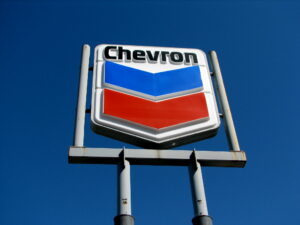Register here and join us for an online workshop on the based on the recently launched teacher’s guidebook to greenwashing.
When: Thursday 11th of May 2023
Time: 4-5pm
Author of the teacher’s guidebook, Rachel Elizabeth Kendrick, will lead a session on the 3 big ideas and teaching methods published as a 3-part series on developmenteducation.ie (see parts 1 and 2, with part 3 launching on 11th May).
- The guidebook has been developed to support teachers and students in learning about greenwashing as a barrier to sustainable development, which directly links to learning outcomes across post primary subjects.
- This session will be of interest to post primary teachers in Politics and Society (LC), Geography (LC), Business Studies (JC), C.S.P.E / Civics Social and Political Education (JC) and Home Economics (JC).
- The session will also follow a Q&A approach on the topic.
- CPD certificates are available on request for participation in the 1-hour session.
Session lead: Rachel Elizabeth Kendrick is an Education Consultant, English, Politics & Society educator and Vice-Chairperson of the Politics and Society Teachers Association of Ireland.
More on developmenteducation.ie

Deniers, Delayers and Regulators, Oh My! Who’s involved in greenwashing?
Who is responsible and who is to blame for practices that can only amount to being called greenwashing? A teachers’ guide by Rachel Elizabeth Kendrick

A teachers’ guide to Greenwashing
A guidebook to support teachers and students in learning about greenwashing as a barrier to sustainable development.

Slow to Change, Quick to Greenwashing – case studies on fast fashion and fossil fuel adverts
What do fashion companies and EU lobbying have to do with greenwashing, but don’t know where to begin your learning journey? Part three in the series by Rachel Elizabeth Kendrick

Children’s art & ‘greenwashing’: Is Chevron/Texaco overstating its carbon emissions claims?
Chevron claims that they achieved their target of lowering carbon intensity between 2016 and 2020, but is this really helping to lower emissions?

